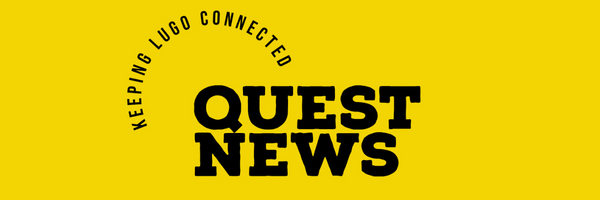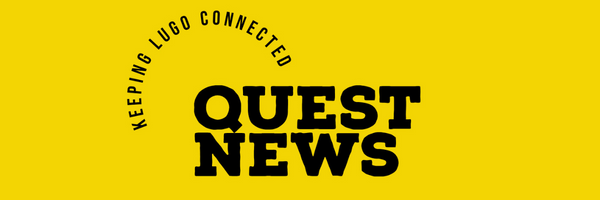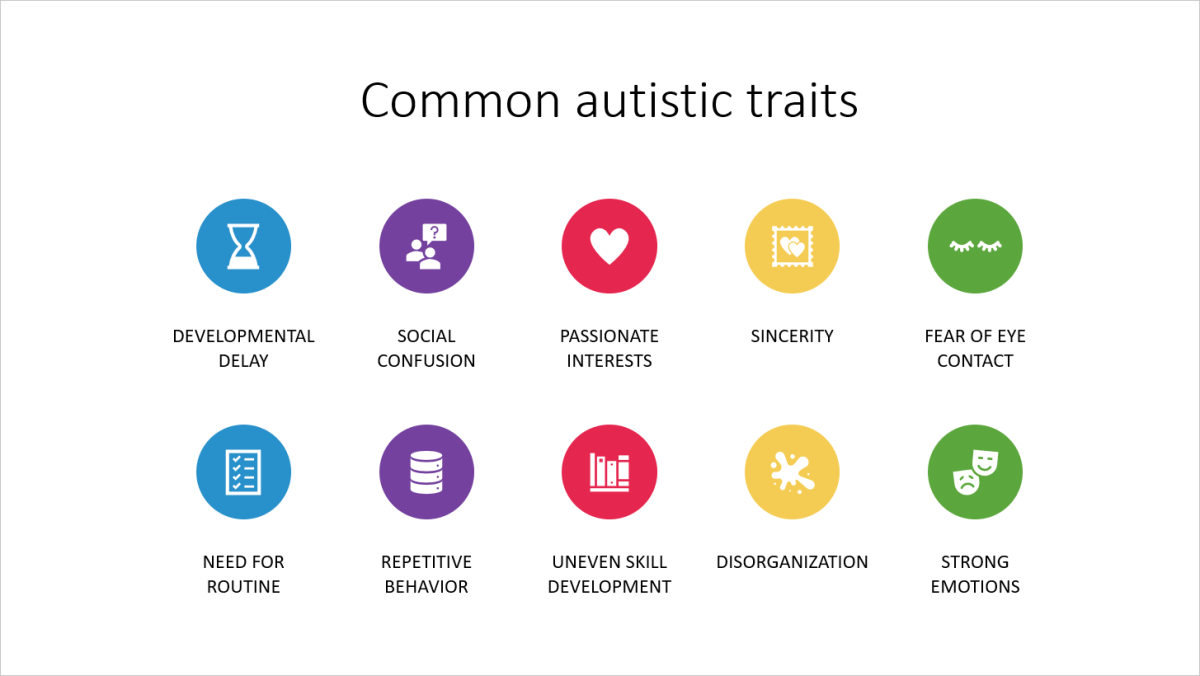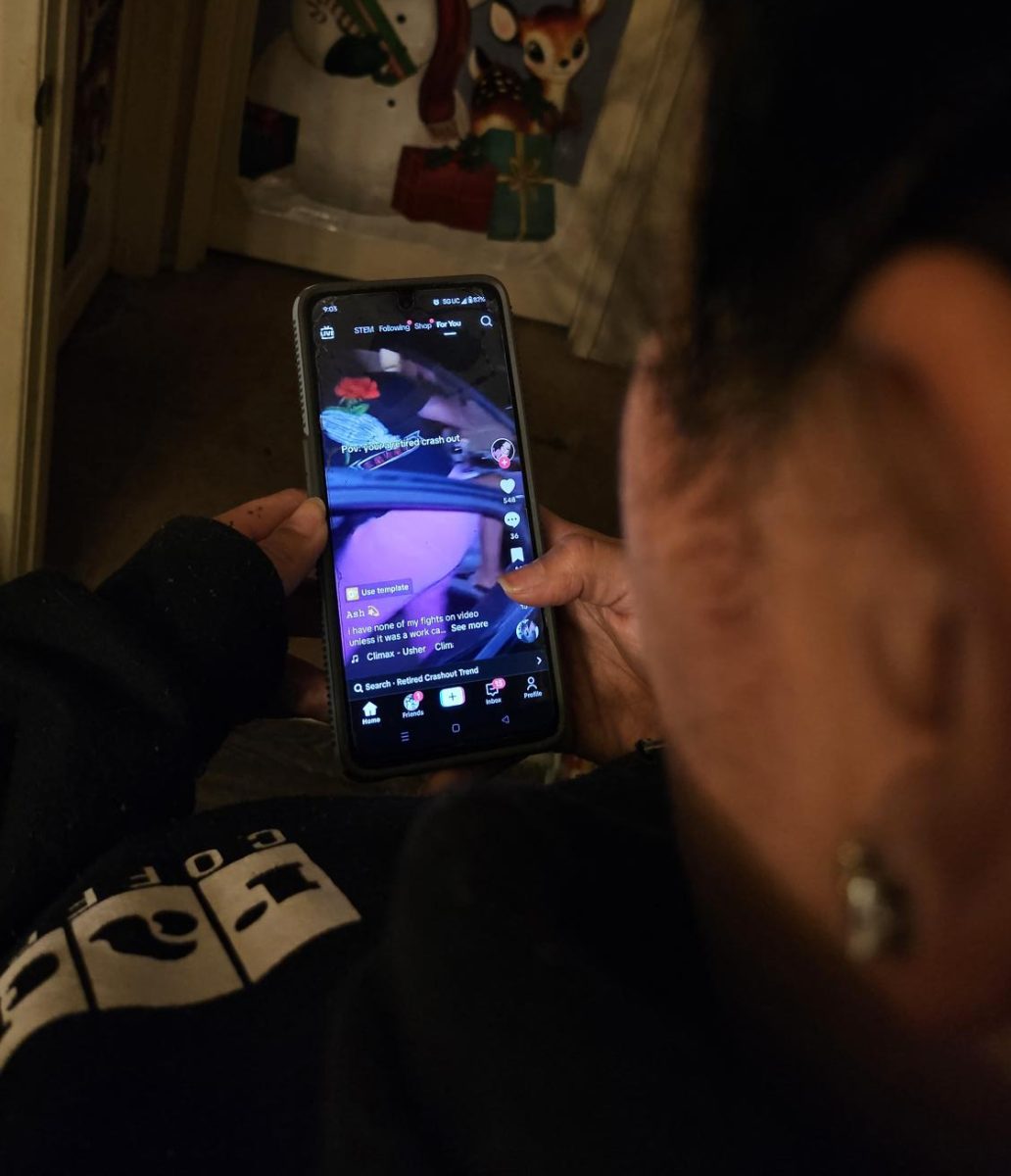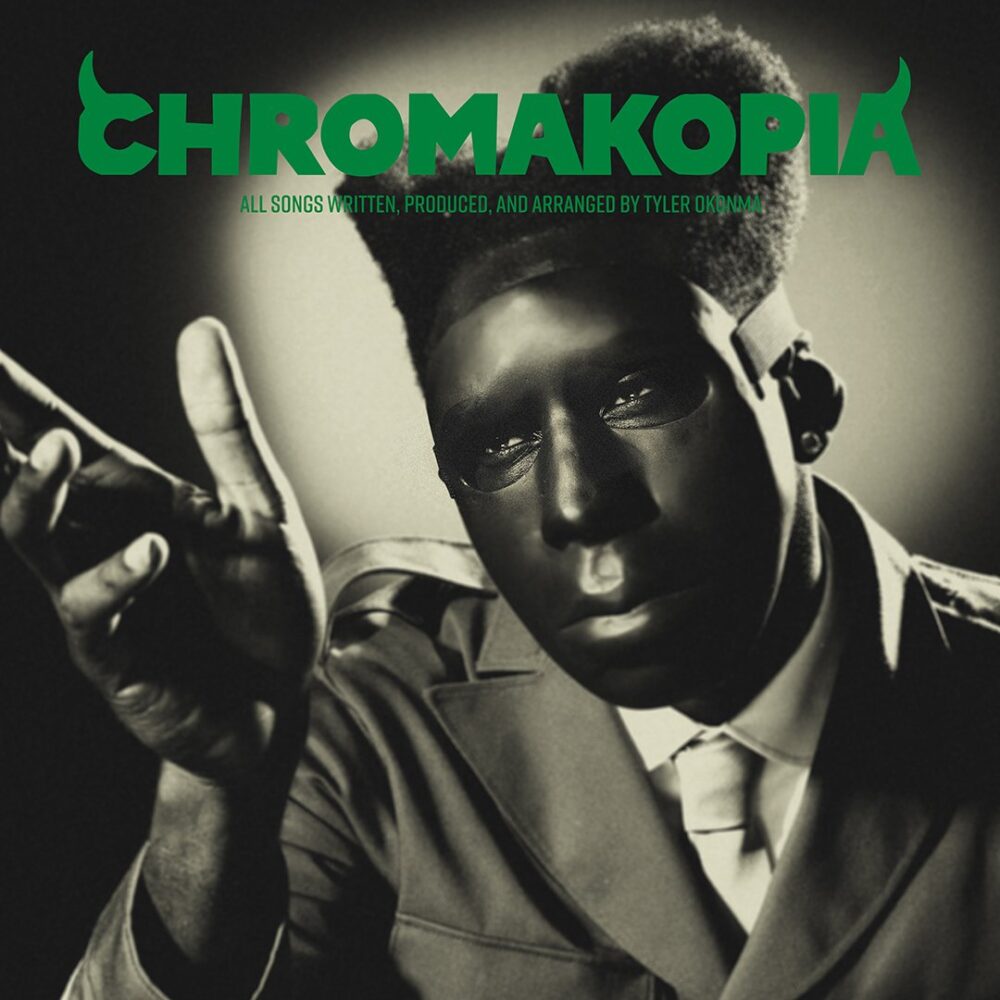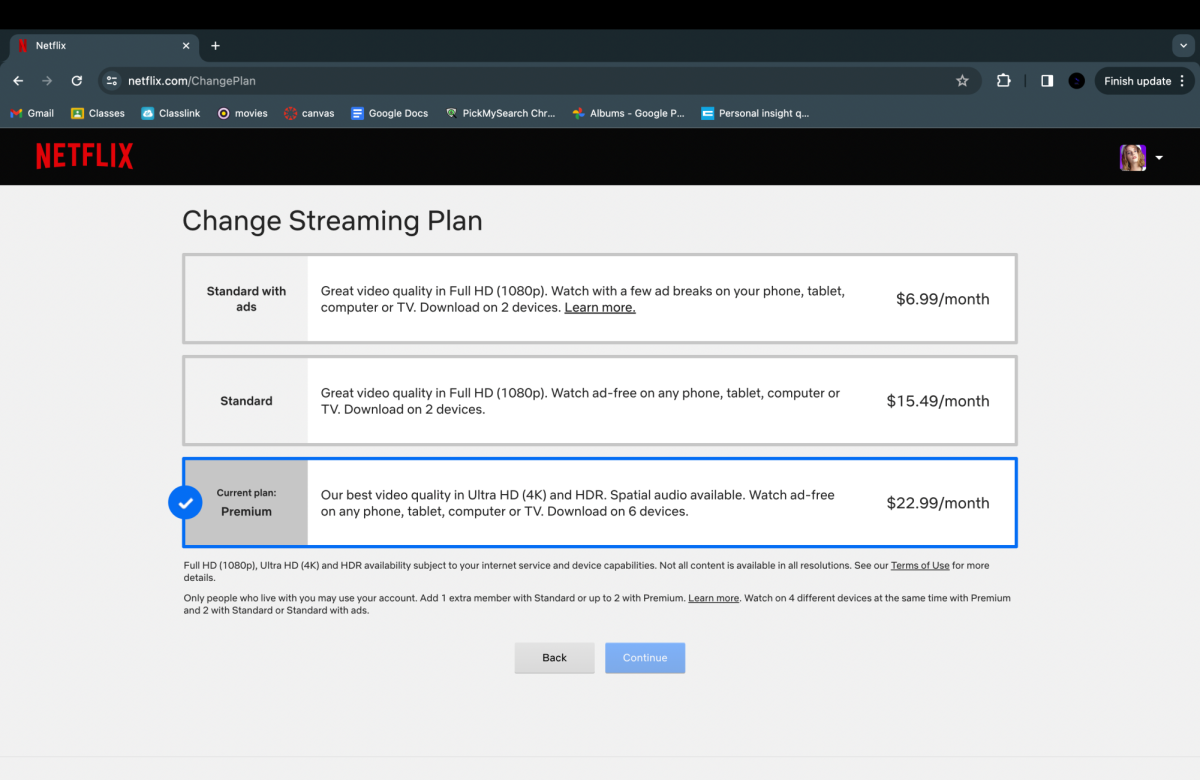Trends have been a part of American culture for generations. Just think back on some of our recent trends: influencers, TikTok, the beauty industry being more about normalizing all skin types and textures, and the word “normalize” in itself. All of these trends have given us the extra boost of confidence we as a generation need, but some trends aren’t as helpful as we think. Is self diagnosis one of them?
Self- diagnosis is a grey area trend, in my opinion. On one hand, self- diagnosis is beneficial for people who struggle on a daily basis with not knowing what’s wrong with them and just spiraling out of control. People who take the time to really learn about what disorder or disability they might have, and have evidence to prove to doctors that they do in fact have said issue, they can “self diagnose.” On the other hand, many people might just look up a couple generalized things about the disability or illness and then slap a label on themselves when really it isn’t the case. There are reasons why we have professional doctors to be able to test and help you figure out what issues people really have. Of course, not everyone has access to Medicare and sometimes have to figure things out on their own, but professional diagnosis should always be pursued before turning to self-diagnosis.
We see this mainly happening with pre-teens and even some teenagers who have been self-diagnosing mental disorders. There are so many young teens that claim they have depression, BPD (Borderline personality disorder), or even autism, and these aren’t terms that people should just be throwing around. Self-diagnosing yourself with autism, because you have a specific way of doing things or think you are hyper sensitive, is not okay to do. Especially when there are so many young girls and boys who actually have mental and physical disabilities like autism, but aren’t being treated correctly.
Autism is not just a mental disability, but a physical one as well. Many people who have autism are really good at masking, which I understand when you can’t tell physically. On the other hand, my brother – who attends the adult program for special education students here at Don Lugo – has high functioning autism. You can tell from the way he walks, talks, and how he dribbles a ball that he has autism. We were lucky enough to be able to get him tested when he was a young kid (at 2 years old) and he was diagnosed early on. I understand that in the early 2000’s, not many girls were even tested for autism because of the stigma. It was believed that autism was only found in white men and rarely in other races or genders, but this has changed drastically over the last few decades. Doctors have been finding more and more cases of girls and other races having and showing traits of autism.
I had asked my brother, Bruce McCoy, how he felt about other people claiming to be autistic like him. “Persons make fun of me for the way I am, but want to live the way I am. Like if I could, I wouldn’t be autistic. So when people want [to claim] the label without wanting to be [like] me, it’s weird.” McCoy’s right, many people want to slap a label on themselves and call it a day for why they do certain things, whether it be having autism, depression, or an ED. But this isn’t a lifestyle people choose, it’s something you have to live and cope with. There are so many ways to be informed and be able to self-diagnosis yourself correctly. I can stand for self-diagnosis, but not when you’re a kid who doesn’t want to clean your room, so you call it a “depression room.” If you are willing to put in the effort to gather information and make an informed diagnosis, then self-diagnosis is okay in that case. But again, if you have the chance to be professionally diagnosed, you should take the opportunity.
